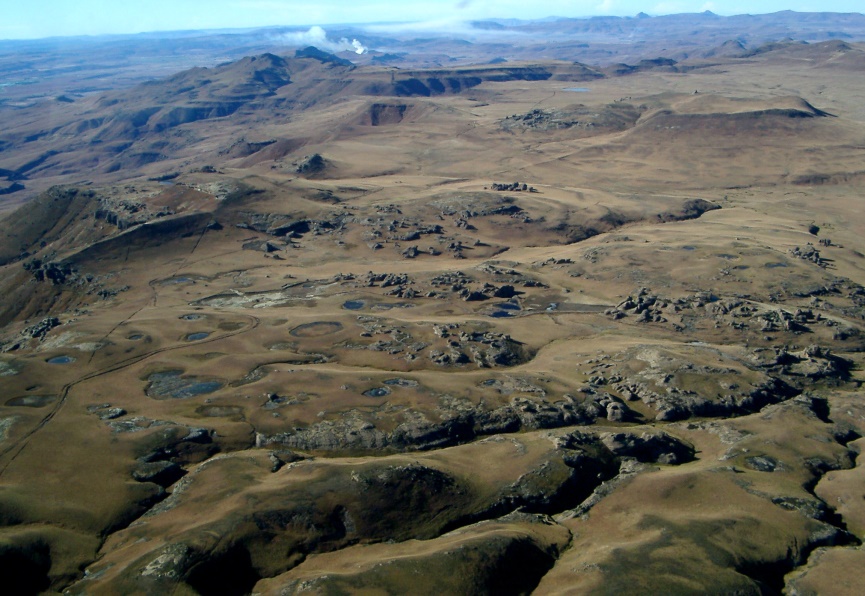
Africa’s available water and support almost 50% of the country’s GDP
South Africa is in the midst of a water crisis. Approximately 98% of available water has already been allocated and there are rising concerns about water quality. These issues are amplified in the face of the country’s worst drought in 30 years. According to the Department of Water and Sanitation, dam levels have dropped by one percent every week since July, and numerous municipalities have implemented water restrictions.
Moreover, ecosystems which contribute to the sustained supply of good quality water are also in trouble; 82% of our rivers are threatened, 44% are critically endangered and more than 60% of our grasslands have already been irreversibly transformed. Business as usual simply cannot continue. Addressing these challenges will require ‘outside the box’ thinking to design innovative and creative solutions. Is ‘resilience thinking’ the space outside the box?
I was fortunate enough to attend a resilience ‘scoping dialogue’ at the Stellenbosch Institute for Advanced Studies (STIAS) on 4-5 August this year. The dialogue gathered more than thirty academics and practitioners working in the resilience field to reflect on, interrogate and explore the concept of resilience, share how resilience ideas are being used in practice, and scope how resilience thinking and practice can be supported and advanced in the southern African context. A resilience approach is considered a substantive way of building capacity to deal with unexpected change.
The first day started with three keynote sessions which framed the resilience concept. These included presentations by Mark Swilling (Anthropocene development challenges in Africa – The need and opportunity to do things differently), Rika Preiser (Complexity thinking: a new paradigm) and Oonsie Biggs (Resilience Thinking: An application of complexity thinking to sustainability transformations). These presentations emphasised that resilience thinking can only be understood within the broader emerging paradigm of complexity thinking. This approach acknowledges that social-ecological systems are complex rather than complicated. I have heard a complicated system likened to an aeroplane; if something breaks, the outcome is direct and predictable, and the problem can be fixed by someone with sufficient knowledge of the system. In contrast, complex systems are dynamic with non-linear, causal interactions that are unpredictable with often unexpected outcomes. Acknowledging that social-ecological systems are complex rather than complicated has tremendous implications for the way in which we manage and govern these systems and, importantly, how we conceptualise solutions.
Interestingly, complexity thinking has been embraced in South Africa’s highly acclaimed National Water Act. Despite this, the degradation of our water resources seems to continue unabated. On reflection, it would seem that the issue is less about the theory and more about practice. Part of the problem may be that many water resource managers are deeply steeped in ‘complicated’ thinking. This has led to a massive gap between the ideals upheld in the National Water Act and what is actually happening on the ground. So how do we close this gap? The scoping dialogue was particularly useful in addressing this question and provided useful and feasible suggestions. The outcomes included developing tools and guidelines to operationalise resilience; building a network which creates spaces for sharing and learning, particularly between scientists and practitioners; collecting stories to influence decision-making and transformation processes; developing a framework for incorporating values and worldviews into resilient development planning, implementation and monitoring; and perhaps most importantly for the water sector, providing targeted training for researchers, practitioners and funders which fosters complexity thinking.
